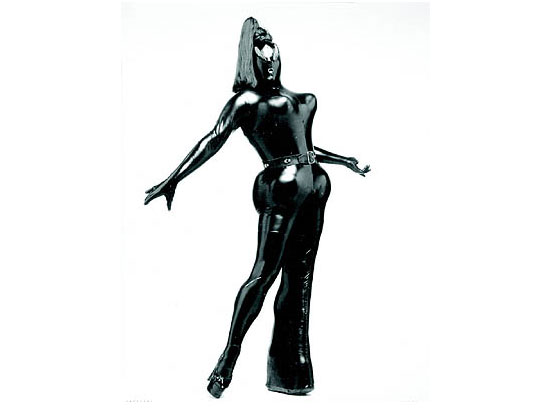Author: jkordy
Attention to Detail
I came across this article, and it made me think. In the image above the dotted line is the old MoMA logo and the solid line represents a new design. If you set the two designs side by side someone could “stare for some time before detecting the slightest distinction.” The cost for these tiny changes was in the “low five figures.”
First things first, this is not a typography rant, I am a typography noob, in the above image I have no idea what font that is, and if I was looking at the two designs, I too would probably have a hard time seeing the difference. However, I love the idea that MoMA would spend a lot of time and effort to figure something out that at first glance would seem trivial. I love the idea of people paying attention to details, little tiny, seemingly insignificant, the things other people miss, details.
Designers and artists (usually) understand the importance of details. A line off by a millimeter, a speck of dust, a smudge, something off-center by hair, all of these things make a huge difference. Creative types obsess over these things, I am one, and I understand this need intuitively.
But I am also conflicted. I’m sure a lot of people would read this article and think that is a lot of money to just adjust some lines! Are they just being super anal? Is this a huge waste of resources? Can spending money just to make something beautiful be justified? Shouldn’t you put in something ugly and cheaper, or not re-design something that looks just fine and put the difference towards charity? This is the same argument that plagues art in general: We should cut spending on the arts (what a waste!), and use it for important things.
Well, whatever happened to “God is in the details”? Little things matter and make a difference. It’s hard to quantify the impact of a more legible, less ugly font, or to quantify the inspiration that a particularly great work of art brings. The marketing department will have a hard time figuring out the ROI, but a more beautiful logo can make the brand more memorable, more familiar, and an inspiring work of art can help boost morale or productivity. And it all starts with the details, they really matter. And us creative types, will have to keep fighting, to make them important and to bring attention to them, because, inherently, we know how important the details are.
Quote
Errors should be easy to detect, they should have minimal consequences, and, if possible, their effects should be reversible.
— Donald A. Norman
(speaking on how things should be designed)
IMG 00259
The Legend of Leigh Bowery
This is a really great documentary about a fantastic artist whom few have heard of, even I was not very aware of the great, crazy, and even sometimes disgusting things he has done. But I always admire anyone who lives their whole lives as a performance. Leigh really understood what it means to perform. Not some light, vanilla acting but real hardcore performance, the kind that transforms you inside and out.
Director: Charles Atlas
2001
more but really you should
just watch the film
The Design of Everyday Things
I am somewhat surprised that this book has so much traction in 2008. The design corners of the internet are always raving about this book. How can a book that was written more than 20 years ago, and refrences film and slide projectors as the high tech presentation tool of it’s day be so relevant and so often quoted in the age of the internet? Let’s not forget the interenet is the land of things that usually have negative half-lives, and are tired and over, before they even come to existance.
Well the sad fact is that we, our society, has learned very little about designing things in the past 20 years. Actually, it’s more apt to say, we’ve learned a great deal, but we still have a great long way to go to actually implement what we now know, and have know for some time (i.e. this book).
Everyday things are still being designed and manufactured very very badly. The biggest conundrum is why we as a society stand for it? Why are we taking it lying down? Why do we continually accept things that in their design are hindering us, wasting our time, and even in many cases endangering our lives? Norman touches on this in his book, partly it’s because we all understand the need to occasionally cut corners to save time or cost, but partly it’s our own psychology, when bad design happens to us and causes us to make mistakes we always seem to blame ourselves.
Well no more! I think the main reason the book is so revered is that it is a manifesto of sorts, it ends with a call to action. You! Consumers! Stop buying crap! Put your money into well designed, thought out objects that don’t suck! If we all did that our world would be that much better.
Alberto Tadiello
I love electronic/eletric pieces where all of the wiring that is needed to run the thing, and is usually painstakenly hidden (not part of the artwork), is actually incorporated aesthetically into the work itself. In this piece the wiring is just as much part of the aesthetic as the machine. fantastic. would love to see some of his work in person.
issues of race
IMG 00258
Quote
Pollock is the quintessential Art Cowboy
— PBS Special






